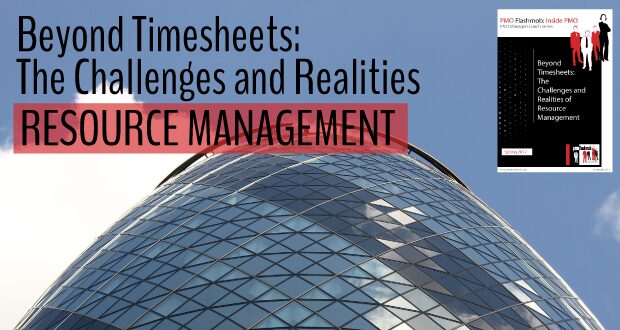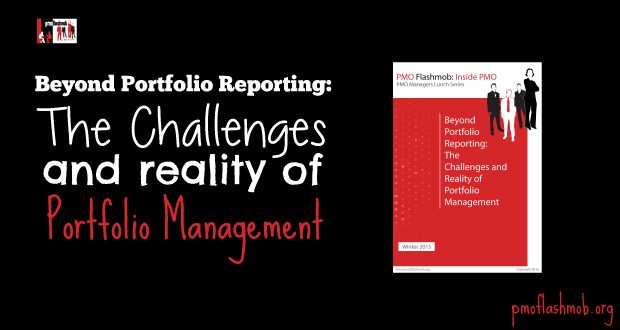January PMO Flashmob in London was like playgroup for grown-ups! We had Parag Gogate with us (Change Innovation Lab) and he ran a Serious Games session for us at the Ticketmaster UK bar in London. Although that might sound like we were just messing around, playing with Lego for a few hours - the reality was very different. Yes it was fun, it was also very fascinating to see how people were working together, using Lego for metaphors and literally seeing people thinking whilst building.
The LEGO® SERIOUS PLAY® methodology is an innovative, experimental process designed to enhance innovation and business performance. It is based on research which shows that this kind of hands-on, minds-on learning produces a deeper, more meaningful understanding of the world and its possibilities.
Go to article
‘Beyond Timesheets: The Challenges and Realities of Resource Management'
The PMO Manager’s Lunch was held to explore three distinct areas that currently present a challenge:
1.Capacity Planning – cross organisation and cross divisional/department in terms of ‘do we have enough people to do the work’
2. Allocation – down to a project level where we start to have named resources and all the fun and games of potential timesheeting issues that we do or don’t have.
3. Skills and capabilities of the delivery teams and what the PMO can do in this area for example with competency models.
Go to article
The Challenges and Reality of Portfolio Management.
The Inside PMO Report:
As organisations look to improve on the returns from strategy development and increase maturity in programme and project management delivery capability, portfolio management has increasingly taken centre stage as a business function to support that.
Portfolio management is seen as the ‘glue’ or ‘bridge’ between strategy and strategy execution (delivered by programmes and projects).
The PMO or Portfolio Office is the place where portfolio management practices become a reality for an organisation.
Go to article



